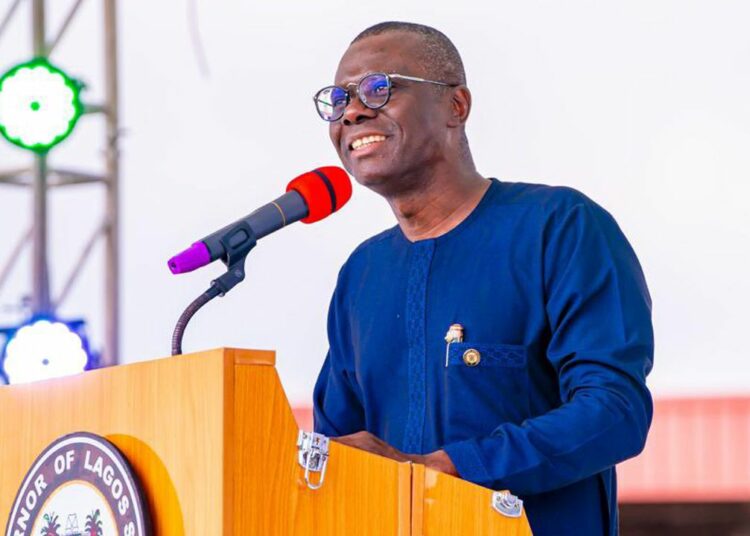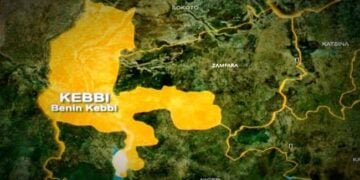The Nigeria Governors’ Forum (NGF) has identified illegal checkpoints, multiple taxation, and poor infrastructure as major factors driving up the cost of food and livestock transportation across the country.
This position was made known in a communiqué issued at the end of the Forum’s third meeting for 2025, held on Wednesday night and read by Lagos State Governor Babajide Sanwo-Olu.
During the meeting, the governors received a detailed briefing from the national security adviser (NSA) who was accompanied by the ministers of defence, agriculture, livestock development, and transportation.
The officials presented findings that showed how various actors’ proliferation of unauthorised roadblocks and extortion along transportation corridors has contributed significantly to food price inflation and inefficiencies in the supply chain.
The NSA informed the Forum that a high-level interministerial committee had already submitted a set of recommendations to resolve these challenges.
The governors unanimously welcomed the move and expressed readiness to work with federal authorities to streamline levies, dismantle illegal checkpoints, and improve the free flow of food and agricultural goods between states.
“The security and economic implications of food inflation are too grave to ignore,” Sanwo-Olu stated while reading the communiqué. “We are committed to supporting collaborative efforts that will remove barriers to the efficient movement of goods across the country.”
In addition to the food inflation crisis, the Forum also received a presentation from the World Bank on the status of the Nigeria Community Action Recovery and Economic Stimulus (NG-CARES) programme.
The Bank revealed that states had invested over $2.2 billion through the NG-CARES delivery platform, reaching more than 17 million direct beneficiaries.
However, governors expressed concern over the World Bank’s delay in fulfilling pledged funds under NG-CARES 1.0.
They emphasized the need to resolve all outstanding issues before launching the second phase of the programme (NG-CARES 2.0), which is aimed at building long-term resilience for vulnerable households and small enterprises.
The Forum, chaired by Kwara State Governor AbdulRahman AbdulRazaq reiterated its commitment to tackling economic challenges collaboratively and ensuring that critical social intervention programmes are effectively implemented across all states.





